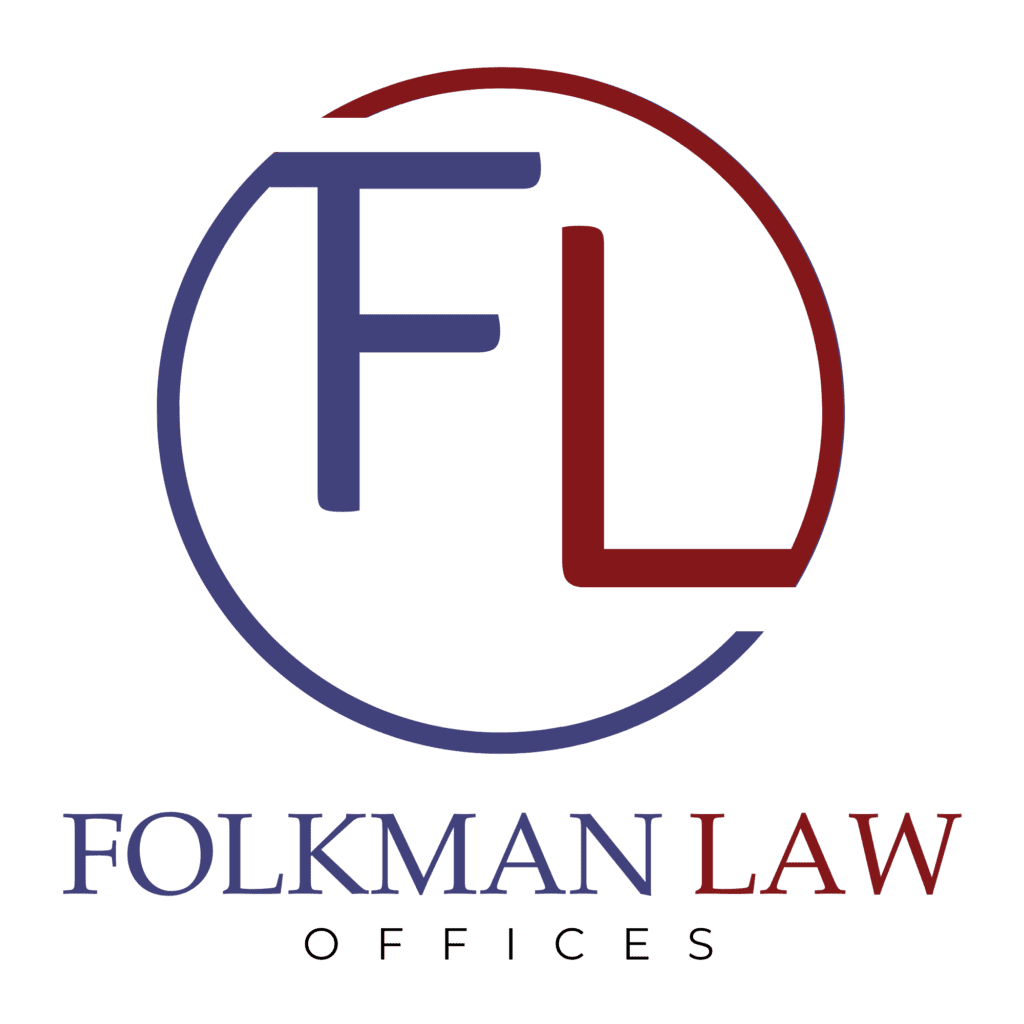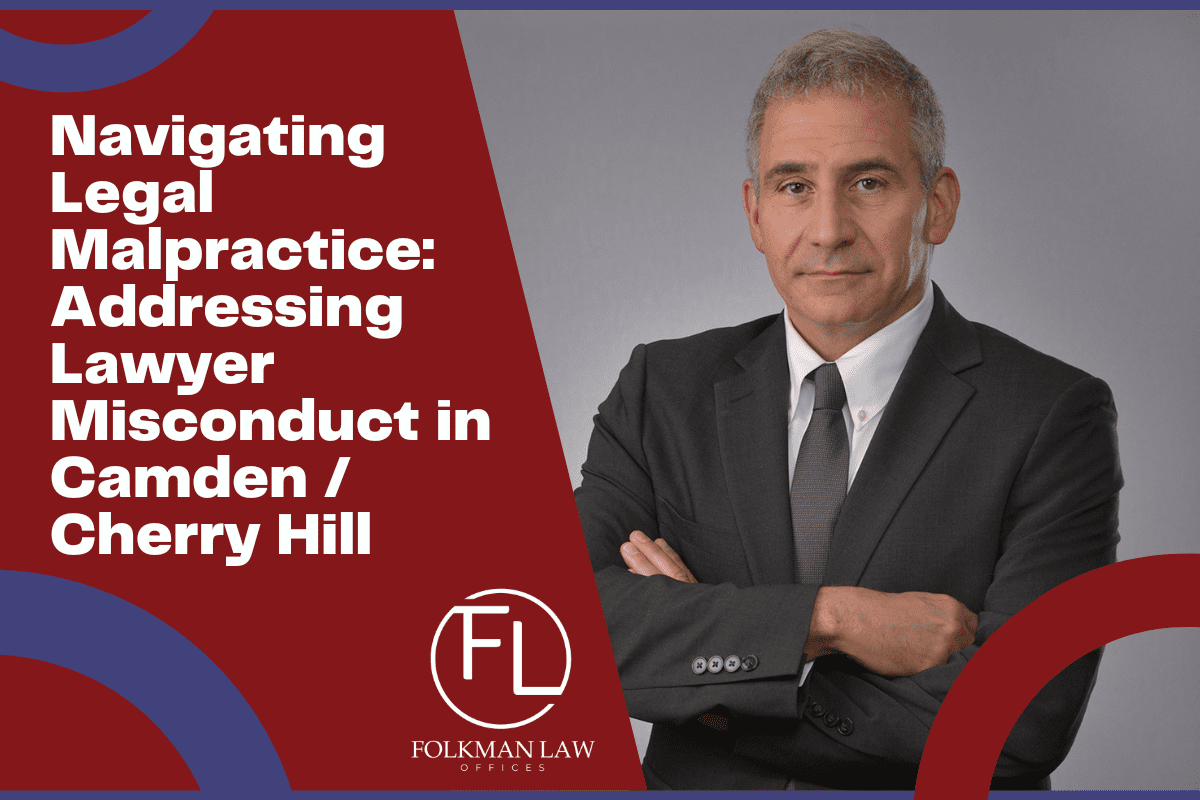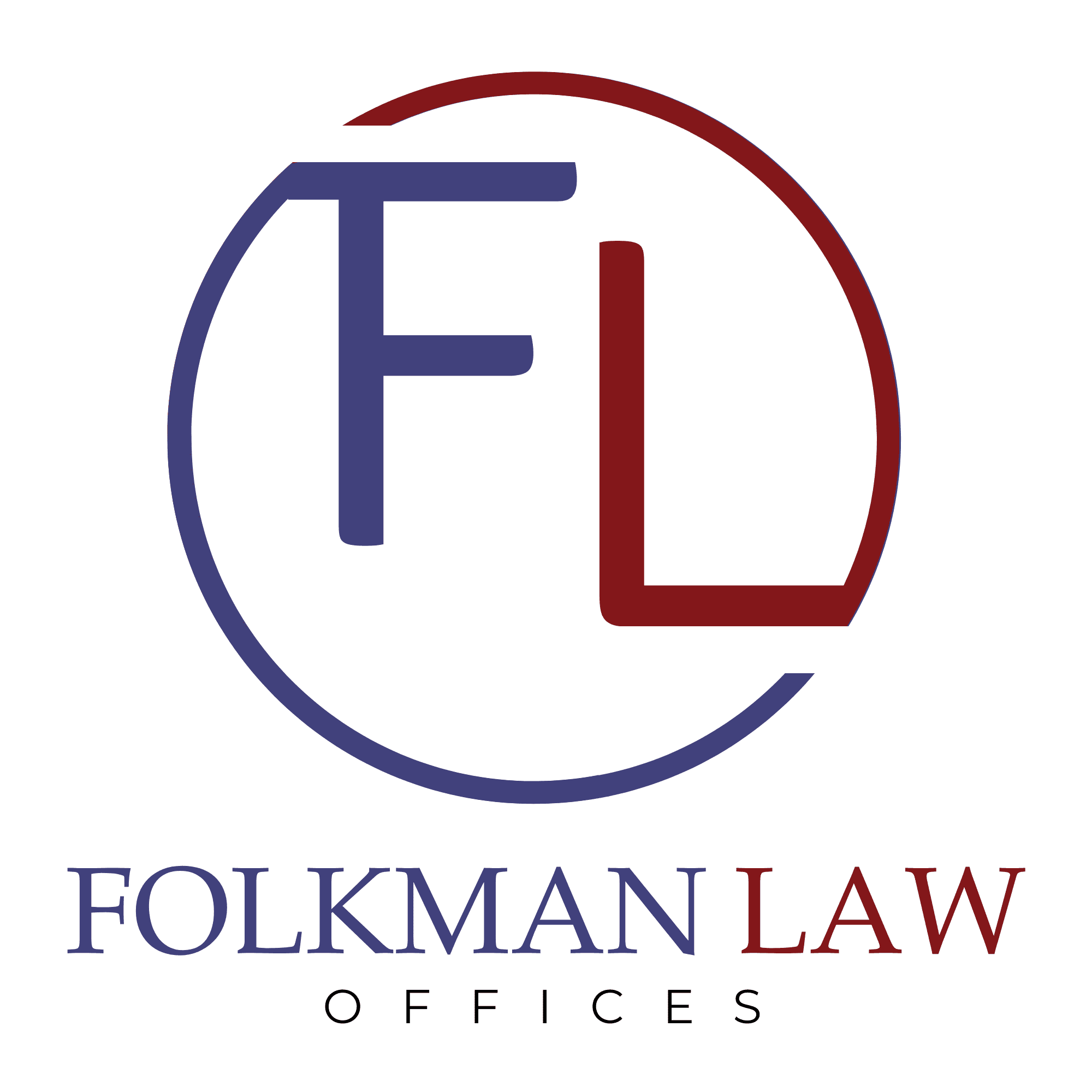Navigating Legal Malpractice: Addressing Lawyer Misconduct in Camden / Cherry Hill
Hiring a lawyer means placing your trust in their ability to represent you fairly and competently. However, when an attorney fails to uphold their professional duties, clients can suffer financial losses, emotional stress, and legal setbacks. Legal malpractice occurs when a lawyer’s actions or inactions fall below the standard of care, causing harm to their client. In Camden and Cherry Hill, legal malpractice cases are increasingly recognized as clients seek accountability for attorney misconduct. This guide will help you understand your rights, recognize warning signs, and take action if you believe you’ve been impacted by legal malpractice.
Understanding Legal Malpractice in Camden and Cherry Hill
Defining Legal Malpractice and Its Impact on Clients
Legal malpractice is a form of professional negligence that occurs when an attorney fails to meet the required standard of care, harming their client. This standard of care includes a lawyer’s duty to act competently, follow client instructions, communicate effectively, and maintain confidentiality. When an attorney breaches these duties, the client may face unfavorable legal outcomes, financial loss, or emotional distress. Legal malpractice claims hold attorneys accountable for these breaches and seek to compensate clients for their losses.
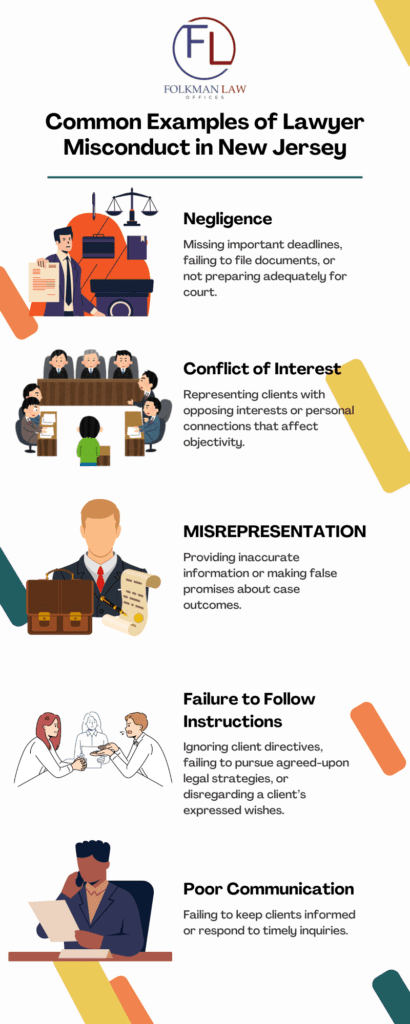
Common Examples of Lawyer Misconduct in New Jersey
In New Jersey, legal malpractice can occur in various forms, including:
- Negligence: Missing important deadlines, failing to file documents, or not preparing adequately for court.
- Conflict of Interest: Representing clients with opposing interests or personal connections that affect objectivity.
- Misrepresentation: Providing inaccurate information or making false promises about case outcomes.
- Failure to Follow Instructions: Ignoring client directives, failing to pursue agreed-upon legal strategies, or disregarding a client’s expressed wishes.
- Poor Communication: Failing to keep clients informed or respond to timely inquiries.
Legal Rights of Clients Facing Attorney Negligence
Clients have the right to competent legal representation. When an attorney’s conduct falls below accepted standards, they may be liable for any resulting harm. In New Jersey, clients can file legal malpractice claims or complaints with the New Jersey Bar Association. These actions hold attorneys accountable, potentially resulting in disciplinary measures or compensation for affected clients.
Recognizing When a Lawyer Fails to Follow Instructions
Warning Signs Your Attorney Is Ignoring Your Directives
One clear form of attorney negligence occurs when they fail to follow client instructions. This may happen subtly, such as pushing alternative strategies without explanation, or more overtly, like disregarding requests entirely. Warning signs include:
- Repeatedly pushing legal strategies you have previously rejected.
- Failing to pursue motions, settlements, or appeals you requested.
- Taking actions you specifically directed them to avoid.
When a lawyer does not follow instructions, it may indicate they prioritize their interests or lack respect for your decisions. Regardless of their reasoning, you have the right to expect compliance with reasonable directives.
Potential Consequences of Ignored Client Instructions
An attorney ignoring client instructions can lead to severe legal and financial consequences. For instance, failing to file a key document may lead to case dismissal, or disregarding settlement terms could result in less favorable outcomes. Clients can suffer additional losses and setbacks because their case was not handled according to their wishes.
Documenting Instances of Instructional Negligence
If you believe your attorney ignores your instructions, document all relevant instances. This documentation should include:
- Emails or letters specifying your directives.
- Notes from phone calls or meetings where you outlined your instructions.
- Records of actions (or inactions) that conflict with your stated goals.
These records will be essential if you need to prove that your attorney ignored your instructions as part of a legal malpractice claim.
Identifying Conflicts of Interest in Legal Representation
How Conflicts of Interest Affect Legal Outcomes
Conflicts of interest arise when an attorney’s ability to represent a client is compromised by competing interests, often leading to biased or incomplete representation. For example, representing both parties in a dispute, or having financial ties with opposing parties, could compromise an attorney’s objectivity. Conflicts of interest can skew case outcomes, resulting in losses for affected clients.
Attorney Obligations to Disclose Conflicts
Attorneys are required to disclose conflicts of interest as soon as they arise. New Jersey law mandates that attorneys act in the best interest of their clients and avoid situations that could impair their judgment. Failing to disclose conflicts of interest may constitute legal malpractice, depriving clients of their right to unbiased representation.
Steps to Address and Resolve Conflicts of Interest
If you suspect a conflict of interest, request clarification from your attorney. If they acknowledge a conflict, discuss potential solutions, such as waiving the conflict if it is minor or seeking alternative representation. If they refuse to disclose the conflict, consider filing a complaint or consulting a legal malpractice attorney to explore your options for resolving the issue.
Dealing With Errors in Communication From Your Lawyer
Understanding the Importance of Clear Communication
Effective communication is essential to a solid attorney-client relationship. Lawyers must keep clients informed about case developments, respond to questions, and seek client input on key decisions. Communication breakdowns can lead to missed opportunities, misinformed decisions, and a lack of confidence in legal representation.
Signs of Communication Breakdown With Your Attorney
Common signs of poor communication include:
- Long response times to emails or phone calls.
- Failure to update you on important case milestones.
- Vague or evasive responses to your questions.
These issues may not constitute malpractice, but they are signs that your attorney may not prioritize your case. Persistent communication failures can be grounds for action, especially when paired with other issues.
Strategies to Improve Communication and Stay Informed
If you notice communication issues with your lawyer, try implementing strategies such as:
- Setting regular check-in calls or meetings.
- Requesting specific timelines for updates.
- Documenting all communication attempts.
If these efforts do not improve the situation, consider whether your attorney’s actions amount to a failure in their duty of care.
Taking Action Against Lawyer Misconduct
How to File a Complaint With the New Jersey Bar Association
The New Jersey Bar Association oversees attorney conduct and investigates complaints. You can file a complaint detailing your allegations if you suspect legal malpractice. The association may review your claim and, if warranted, impose disciplinary measures on the attorney.
Pursuing a Legal Malpractice Claim in Camden/Cherry Hill
A legal malpractice claim allows clients to seek compensation for losses caused by attorney misconduct or negligence. To succeed, you must prove that:
- The attorney owed you a duty of care.
- The attorney breached this duty.
- The breach caused harm.
- You suffered actual damages as a result.
Our knowledgeable legal malpractice attorneys can help you assess your claim, gather evidence, and pursue compensation.
Selecting a Legal Malpractice Attorney to Represent You
Choosing the right attorney to handle your legal malpractice case is essential. Look for a lawyer with experience in legal malpractice cases, knowledge of New Jersey law, and a proven track record in complex litigation. At Folkman Law, we are committed to holding negligent attorneys accountable and securing justice for clients who have been wronged.
Preventing Legal Malpractice: Choosing the Right Attorney
Tips for Researching and Vetting Potential Lawyers
Selecting an attorney is a critical decision that can impact the outcome of your case. To reduce the risk of encountering legal malpractice, thoroughly research and vet potential lawyers. Look for credentials, case outcomes, and client reviews. Use platforms like Avvo, Martindale-Hubbell, and the New Jersey Bar Association directory to evaluate an attorney’s history and reputation.
Questions to Ask During an Initial Consultation
During an initial consultation, ask targeted questions to assess the attorney’s competence and reliability:
- How much experience do you have in cases like mine?
- Can you provide references or testimonials from past clients?
- How will you keep me informed about case developments?
- Do you foresee any potential conflicts of interest?
An experienced attorney should answer these questions openly, helping you make an informed decision.
Establishing Clear Expectations and Agreements
Once you select an attorney, establish clear expectations to avoid misunderstandings. Discuss fees, communication preferences, and specific legal goals. Request a written agreement outlining their responsibilities to prevent disputes down the line.
Conclusion
Legal malpractice is a complex but essential area of law that provides accountability for attorneys who fail to meet their professional obligations. In Camden and Cherry Hill, clients affected by legal malpractice can hold negligent attorneys accountable and seek compensation for their losses. Don’t hesitate to take action if you’ve experienced negligence, communication issues, or conflicts of interest in your legal representation. Folkman Law is here to help Camden and Cherry Hill clients navigate these challenging cases, providing skilled representation and fighting for your rights every step.
